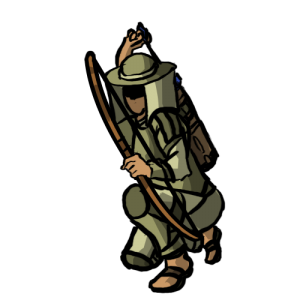 From the daily reports of Commander Cirian Danorian, deep reconnaissance mission.
From the daily reports of Commander Cirian Danorian, deep reconnaissance mission.
Day 29, evening: We have made camp in some sort of ancient Dwarven ruin. It will be an uncomfortable night. There is scattered rubble on the hillside, but nothing that provides cover. So we have come in through the main entrance, to passages cut into the rock. The floors slope downwards, away from the opening. Our engineer says that the passages might once have continued back for miles, but the whole structure has slipped into the ground, swallowed up in the Sundering. We checked all the passages, and they all end in collapse.
Day 30, early morning: The guards we posted at the entrance raised the alarm. They say they saw a figure, skulking. A quick search found nobody. We will look again in the morning.
Day 30, morning: Started to pack up camp, but then the scouts reported in. They found our visitor’s tracks. Dwarf footprints. There shouldn’t be Dwarves this far east. So we will stay today, and investigate.
Day 30, evening: Scouting parties fanned out, looking for our visitor, or any other evidence of Dwarves living near here. They found nothing, but the guards back at camp saw him again, watching them.
Day 30, midnight: I set everyone to work this evening. It seems our visitor wants to get into these ruins. Maybe he has hidden something here. Maybe there’s a secret passage, some Dwarf deception here. So we searched. After five hours, nothing has been discovered. We need some sleep now.
Day 31, morning: The guards think our visitor is still lurking. So, the plan today is that we set out again, with search parties going in all directions. But after an hour they will fan out to form a single long line, and return. They will act like a net, trapping our visitor. I want to talk to him.
Day 31, afternoon: We have lost our opportunity. The Dwarf fell for the ruse, but we lost him. We went past him, fanned out, came back, trapped him. He ran, we chased. We hailed him, he kept running. We chased him to the edge of a cliff. He looked wretched. His hair was greasy and lank, his skin was sickly grey. In his left eye socket some sort of metal contraption whirred and moved around. We encircled him, and I tried to question him. Did he live in the ruins? No answer. Were there any other Dwarves living nearby? No answer. Could he please tell us his name? No answer. I told the Kartur-Hhakrall to grab him. They stepped forward, he stepped back and plunged fifty paces down the cliff. He killed himself rather than let us take him. I have now set the Kartur-Hhakrall to scale the cliff and check the body.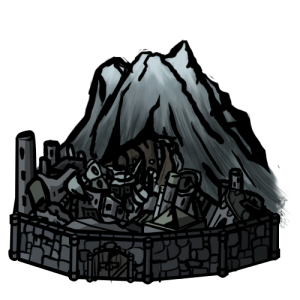
Day 31, evening: I should have been clearer with the Kartur-Hhakrall. I said check the body. I should have said retrieve the body. They checked it. They say it was not a real Dwarf. They say he did not have blood in his veins, but some black oil. I would have liked our surgeon to examine it. But our Orcs had checked it, and then they burned it. I can see the smoke rising in the distance. I asked why they built such a big bonfire for him. They said that they weren’t taking any chances.


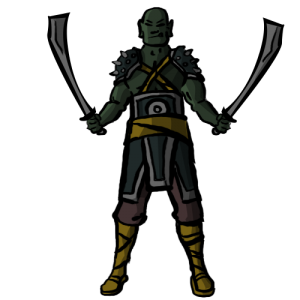

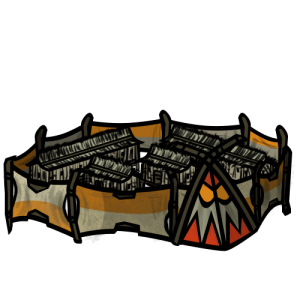

 From Phaeloses of Newharbour, regarding the establishment of the first trade posts of the South Oceans Company of Larn.
From Phaeloses of Newharbour, regarding the establishment of the first trade posts of the South Oceans Company of Larn.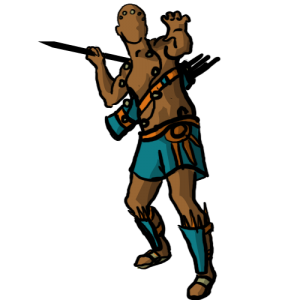

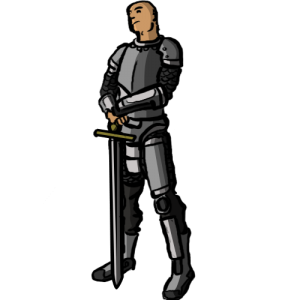
 From Phaeloses of Newharbour, regarding the establishment of the first trade posts of the South Oceans Company of Larn.
From Phaeloses of Newharbour, regarding the establishment of the first trade posts of the South Oceans Company of Larn.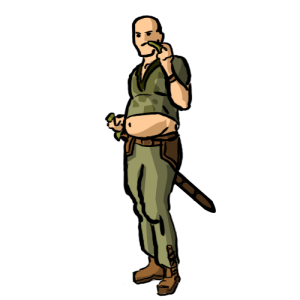
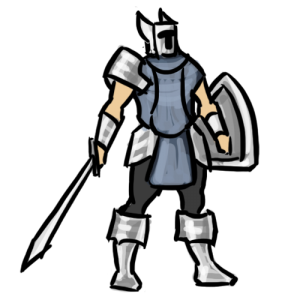 Producing a web game should be easy, shouldn’t it? This is the internet. We can measure everything.
Producing a web game should be easy, shouldn’t it? This is the internet. We can measure everything.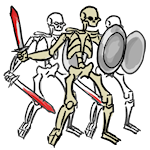
 From the History of Loss and Hope, by Llanawi Puresoul of the Halls of Care, Chief Physician of the Office For Cleansing.
From the History of Loss and Hope, by Llanawi Puresoul of the Halls of Care, Chief Physician of the Office For Cleansing.